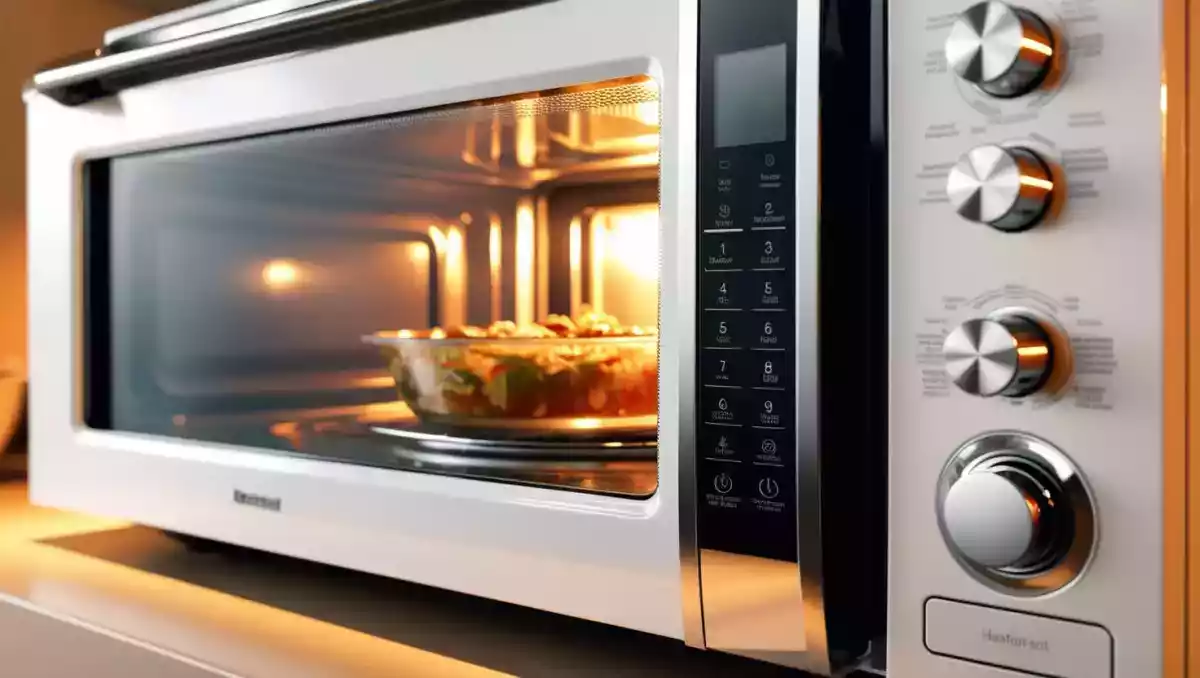Microwaves destroy nutrients? See what happens to the food

The use of microwaves has become part of the routine for millions of people. Fast, practical and efficient, it is a great ally when it comes to heating or preparing food. However, many still wonder: does microwaving destroy the nutrients in food? The answer may be surprising.
Understanding the action of microwaves on food
Microwaves work by emitting electromagnetic waves that cause the water molecules in food to vibrate, generating heat and warming the food from the inside out. It is precisely this process that raises questions about possible nutritional losses.
"Microwaves: do they destroy food nutrients? What you need to know before you heat up your lunch": nutrient losses do occur, but not exclusively or exacerbated by microwaving. All cooking methods - whether boiling, baking or frying - cause some loss of nutrients, especially heat-sensitive vitamins such as vitamin C and some B vitamins.
What sets microwaves apart is that, in general, the cooking time is shorter and there is less need for water. These factors, in practice, preserve certain nutrients better than methods such as boiling, which can dissolve vitamins and minerals in water.
Which nutrients are most affected?
- Water-soluble vitamins (such as vitamin C and some B-complex vitamins) are naturally more sensitive to heat and can degrade, regardless of the heating method.
- Minerals (such as calcium, iron and zinc) are more stable and are not easily lost in microwaves.
Therefore, the impact on nutrients is more a question of the length of exposure to heat and the amount of water used than the appliance itself.
Good practices when using the microwave
To further minimize any nutritional loss, a few simple tips are recommended:
- Use little water when preparing or heating food.
- Choose microwave-safe containers that are free of BPA (Bisphenol A).
- Cook or heat for as long as necessary: avoid overheating food.
- Cover food with a microwave-safe lid to retain steam and cook more evenly.
Conclusion
The microwave, far from being the villain many imagine it to be, is a safe heating method and, in many cases, more effective at preserving nutrients than other traditional methods. The key is to use it correctly and pay attention to good practices.
Therefore, heating your lunch in the microwave, as long as it is done in the right way, does not significantly compromise the nutritional quality of your meal.
Sources:
- Harvard Health Publishing - Is microwave cooking safe?
- United States Department of Agriculture (USDA) - Microwave Cooking and Food Safety
- Journal of Food Science - Effects of Cooking Methods on Nutrient Retention
 Mirella Mendonça
Mirella Mendonça
Comments